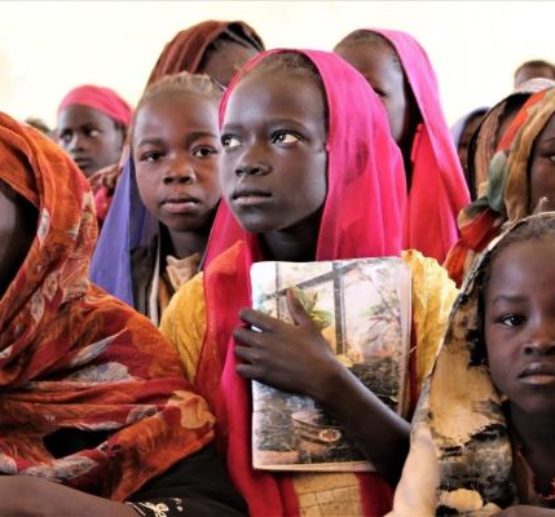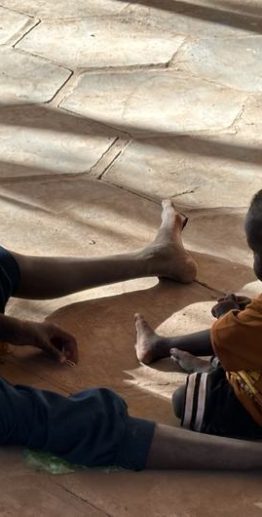Three separate fires on Sunday and Monday caused the destruction of dozens of houses in two camps for displaced people and a cotton production site in Darfur and El Gedaref.
A fire broke out in Kalma camp in South Darfur on Sunday, destroying 51 houses. Dozens of families are left in the open without shelter, a Sheikh in the camp reported.
Mubarak Mohamed Ahmed told Radio Dabanga that the fire broke out in Block 8 at 11 am. Twelve other homes were partially destroyed. “The damages are still being counted. The cause for the fire has not yet been identified.”
More large fires are reported in Darfur in this time of year, when the wind easily spreads flames – for example from cooking fires – through the dry grass and roofs. A shortage of fire-fighting equipment exacerbates the damage.
El Neem camp
On Monday morning, a large fire broke out in El Neem camp for displaced people, north of Ed Daein in East Darfur. Reportedly more than 700 homes were destroyed, a basic school, as well as large quantities of crops.
One of the camp residents who have lost their homes told Radio Dabanga that the fire broke out at 10 am on the eastern side of the camp. “The flames spread and destroyed about 750 houses, in addition to El Salam basic school. The destruction has displaced more than 3,000 people.”
The affected people live in the open without food, shelter or cover, he reported. It was the third fire in three months to ravage El Neem camp.
In March, Radio Dabanga reported that about 373 families in El Neem were still living in the open after a huge fire that broke out in the camp two weeks before.
El Gedaref
A huge fire broke out at El Faw complex in El Gedaref on Sunday evening, and destroyed 4,200 bales of cotton that were ready for export.
The executive director of the Sudanese cotton company, El Tayeb El Tahir said that the fire has resulted in the destruction of about 17,000 quintals (a historical unit of mass, usually referred to as an uncommon measure of 100 kilogrammes) and estimated the damages at more than SDG 30 billion ($1.6 billion, based on the official US Dollar rate quoted by the Central Bank of Sudan).
Latest Headlines
March 15 - 2025
March 13 - 2025
+ Read More
Latest Headlines
March 13 - 2025
February 24 - 2025
+ Read More



